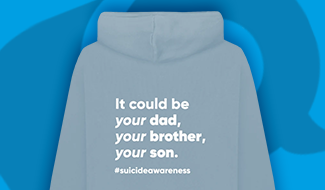When married couples divorce or cohabiting partners separate their first concerns will probably be about child arrangements or how to divide their assets.
It is not unusual for couples to disagree about responsibility for debts and they may have to take legal action to determine liability.
Before long, however, they may have to tackle an equally difficult issue: how to settle their debts, some of which might be in joint names. Who is liable to pay? Could you end up being held responsible for your partner’s debts, even if you knew nothing about them?
The law can be complex and to make things even more difficult, different rules may apply for married and cohabiting couples.
Debts in one person’s name
As you might expect, you will be liable for debts that are in your name only, but not for those in your partner’s name only. However, for married couples, debts in one person’s name that were used for the benefit of the family may be subject to division or sharing between the spouses or civil partners.
It is generally more difficult for cohabiting couples to seek the other partner to share debts in sole names, unless there is a legal agreement between them.
Debts in joint names
Things get a little more complicated for debts in both your names. You will be held jointly responsible and separately liable for these debts – this means that the creditorcan either seek for both to settle the debt, or pursue only one of you to settle it.
What can the court do?
It is not unusual for couples to disagree about responsibility for debts and they may have to take legal action to determine liability. In these circumstances, the court will look at the debt and consider how it arose, whether the partners benefited jointly or individually and then decide who should bear the burden of repayment.
For example, if the debt was used to pay for school fees or a family holiday then it’s likely that the court would rule that both partners are jointly liable.
However, if one partner incurred the debt largely for his or her individual benefit then the court may decide that they should bear most or all of the liability. This could apply in cases where one partner has spent lavishly on a hobby, bought an expensive car for their own use or run up gambling debts.
The courts are more likely to order that liability should be shared for debts incurred during the marriage than before the relationship began, although this might not apply in exceptional circumstances, such as in a very long marriage.
Deciding responsibility for debts can be complex whether you are married or cohabiting and it is always advisable to seek advice from your solicitor before incurring any debts.
Posted on October 7, 2019














